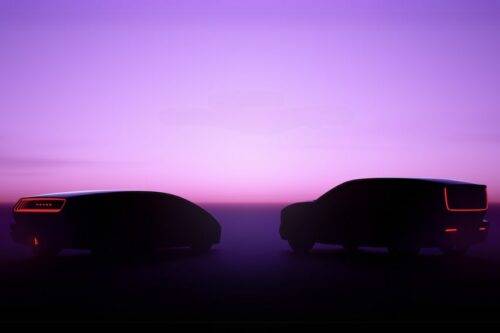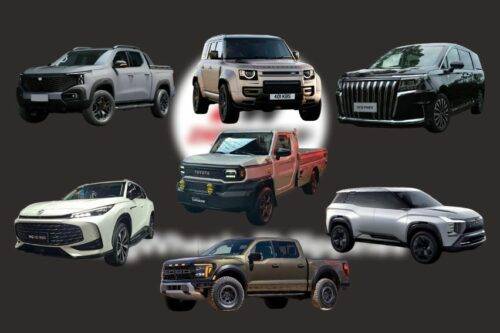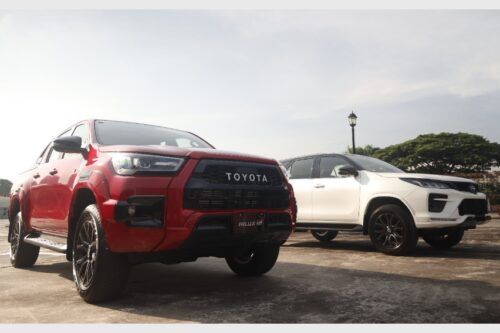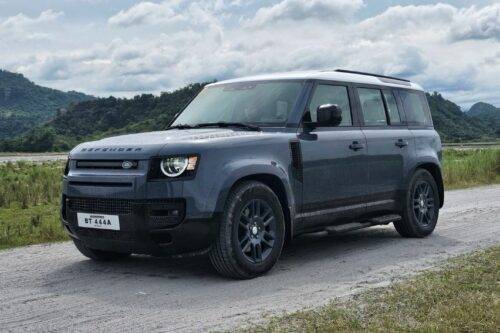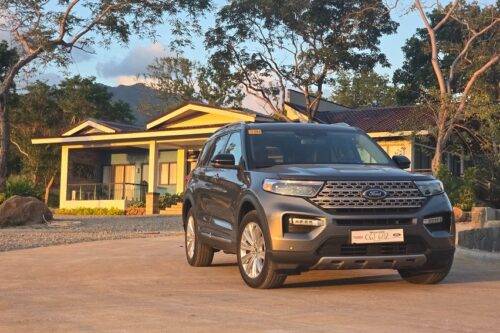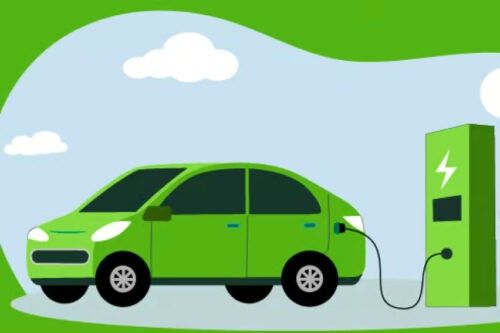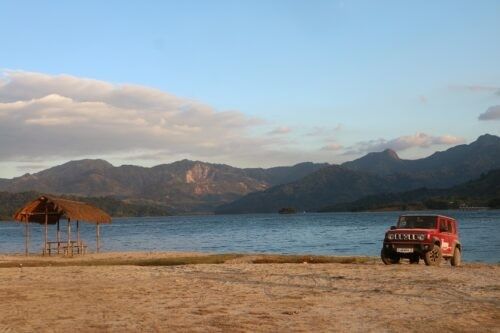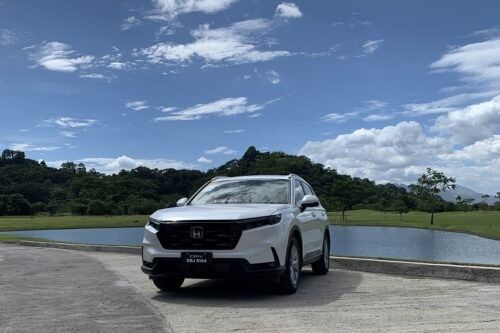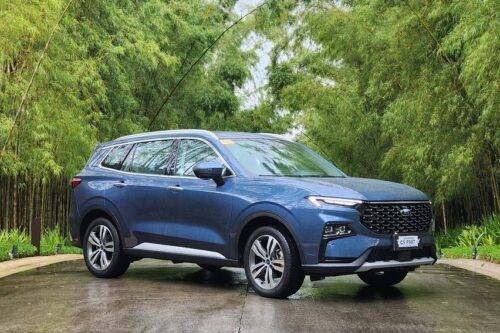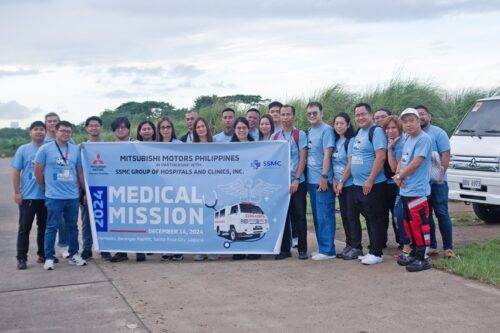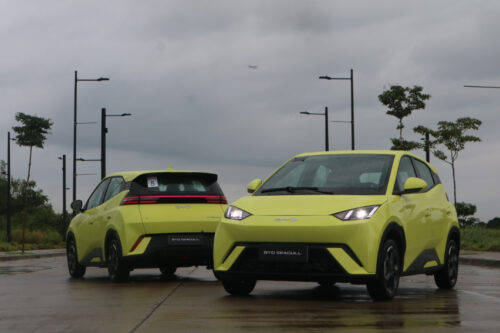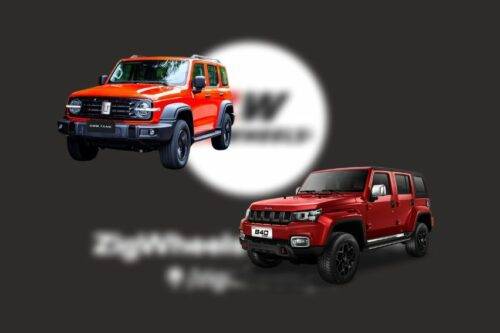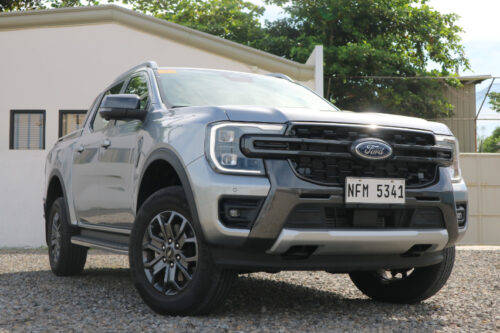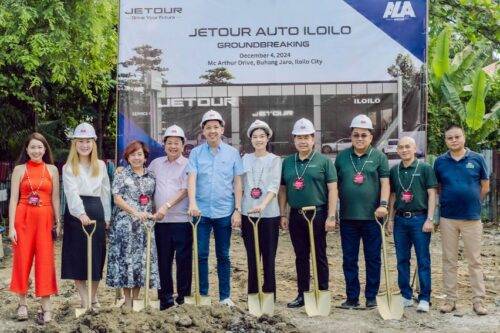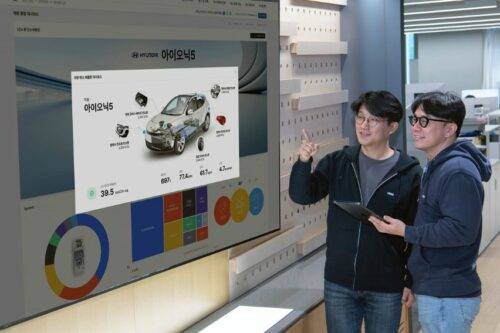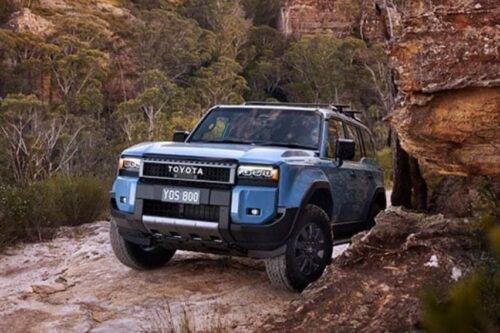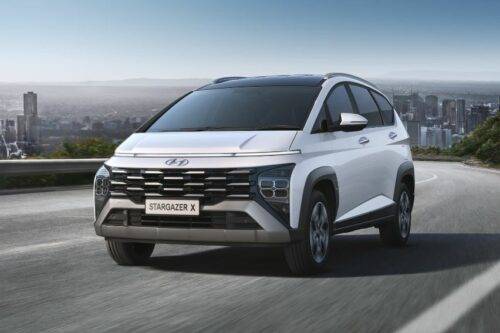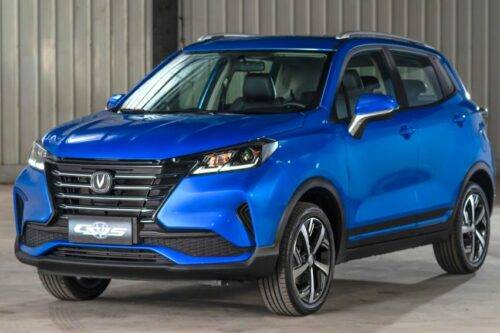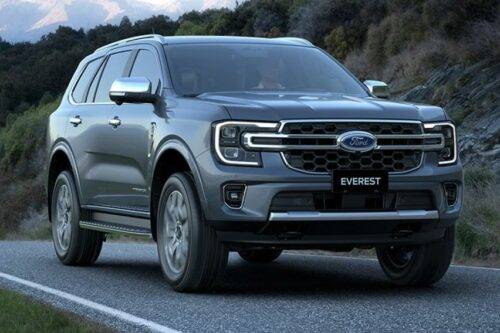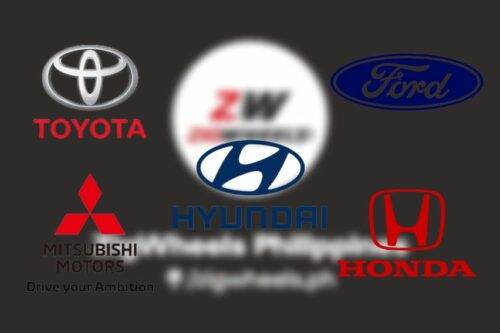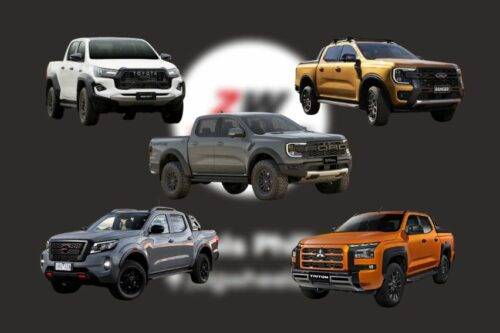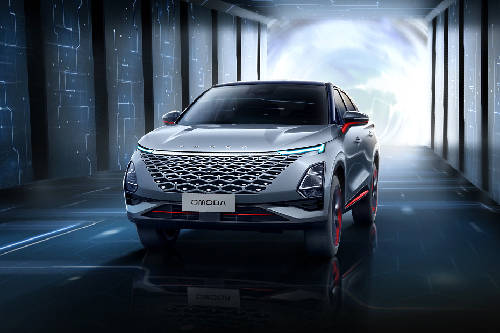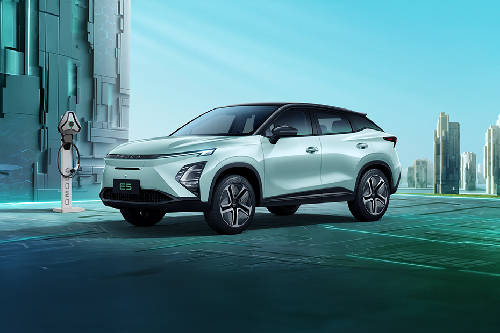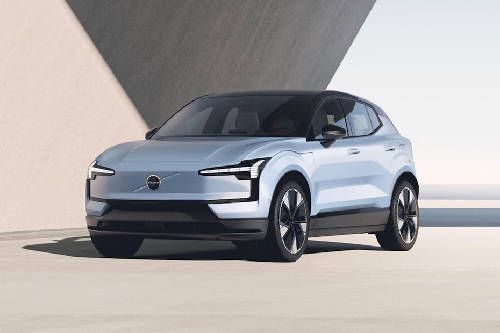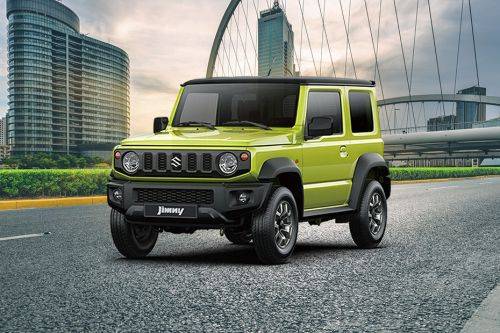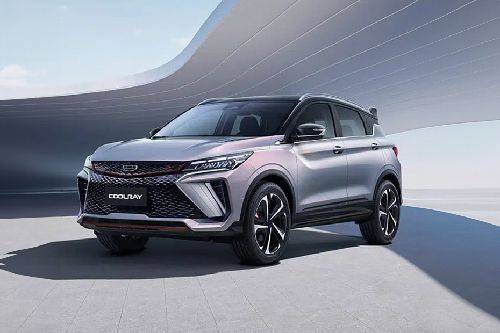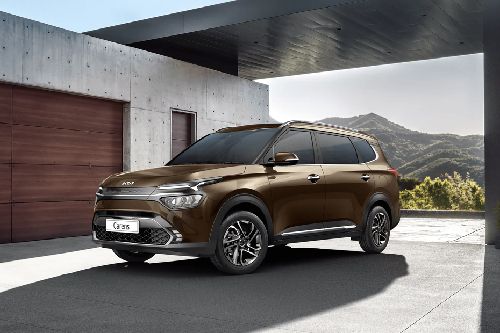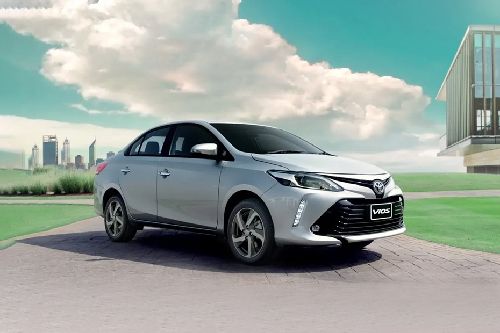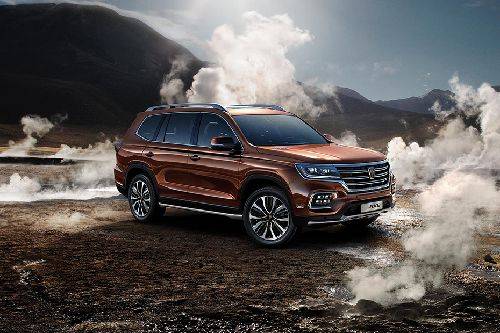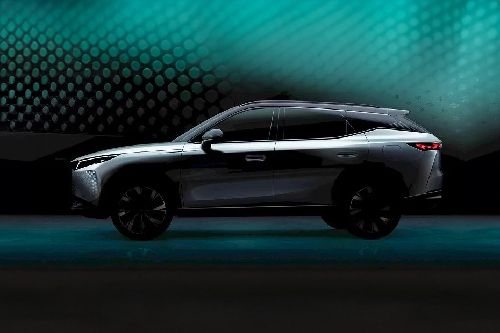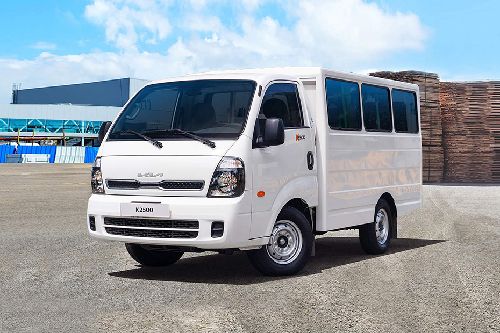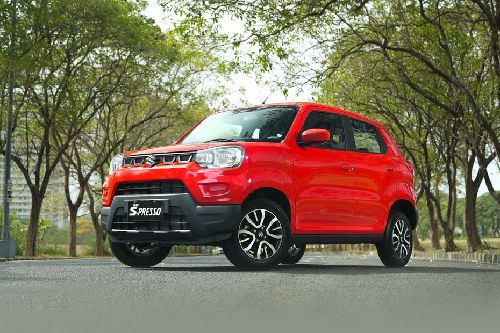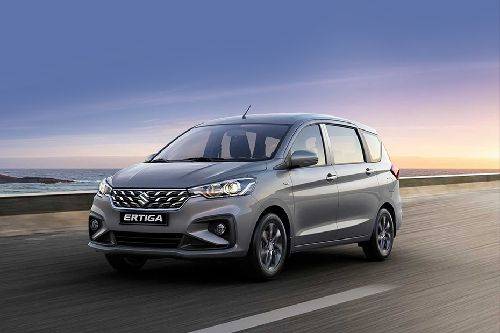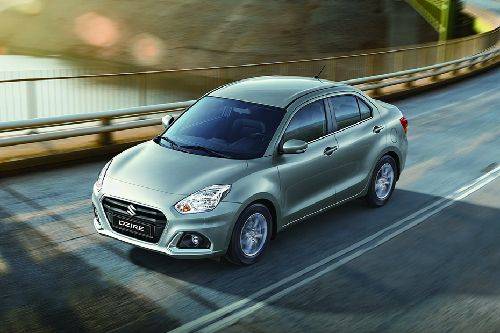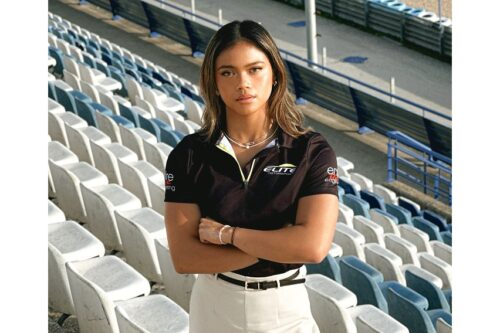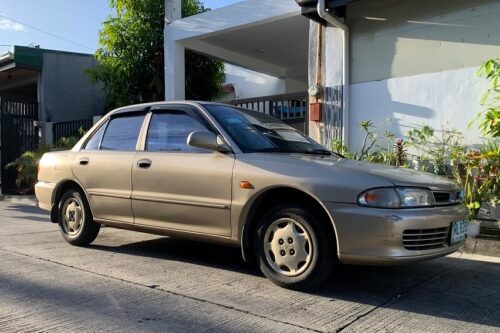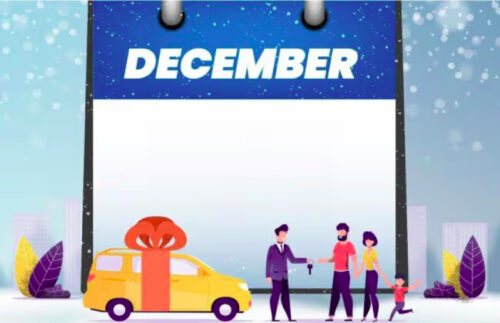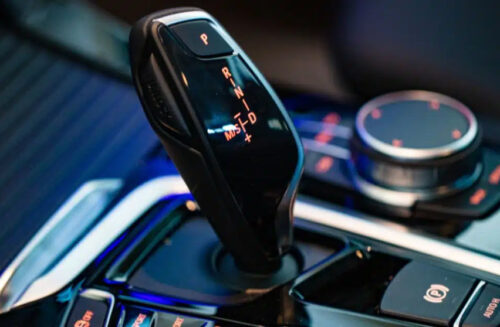Toyota, Kawasaki, Mazda, Subaru, and Yamaha take on challenge to expand fuel options for ICEs
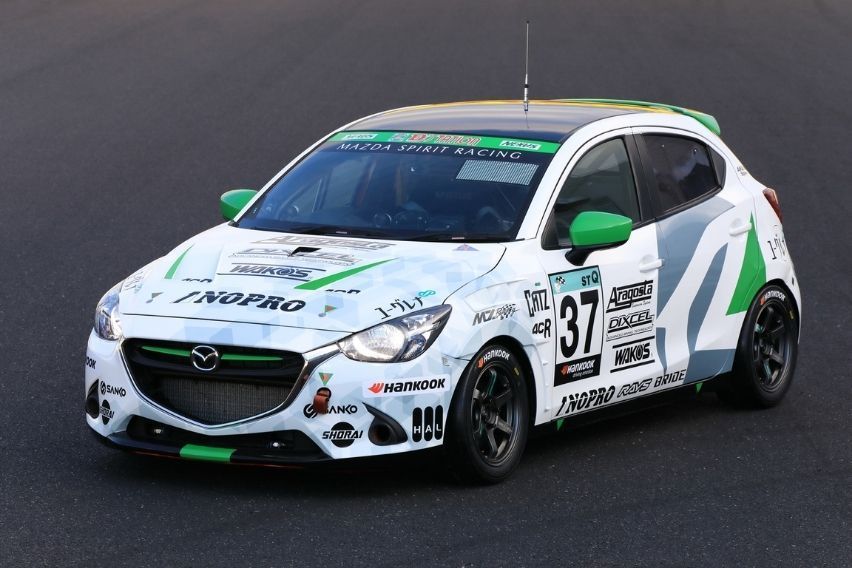
MANILA: Kawasaki Heavy Industries, Ltd., Subaru Corporation, Toyota Motor Corporation, Mazda Motor Corporation, and Yamaha Motor Co., Ltd. took on the challenge of widening fuel options with the use of internal combustion engines at the Super Taikyu Race in Okayama, Japan last November 13 to 14.
KEY TAKEAWAYS
What are the initiatives pursued by the five companies to further expand options for producing, transporting, and using fuel?
The five companies decided to join forces and explore three initiatives: Racing with carbon-neutral fuels, evaluating the use of hydrogen engines in two-wheeled and other vehicles, and continuing to race using hydrogen engines.What did Subaru, Toyota, and Mazda pledge to do to expand fuel options for internal combustion engines?
Subaru, Toyota, and Mazda used carbon-neutral fuel in the recently concluded Super Taikyu Series.What did Kawasaki and Yamaha pledge to do to expand fuel options for using internal combustion engines?
Kawasaki and Yamaha have begun discussions about collaborating on hydrogen engine development for two-wheeled and other vehicles.To further extend possibilities for manufacturing, delivering, and utilizing fuel, the five companies decided to join forces and explore three initiatives: Racing with carbon-neutral fuels, evaluating the use of hydrogen engines in two-wheeled and other vehicles, and continuing to race using hydrogen engines. The companies hope to provide customers with better choices by supporting further collaboration in manufacturing, transporting, and using fuel in combination with internal combustion engines in order to achieve carbon neutrality.
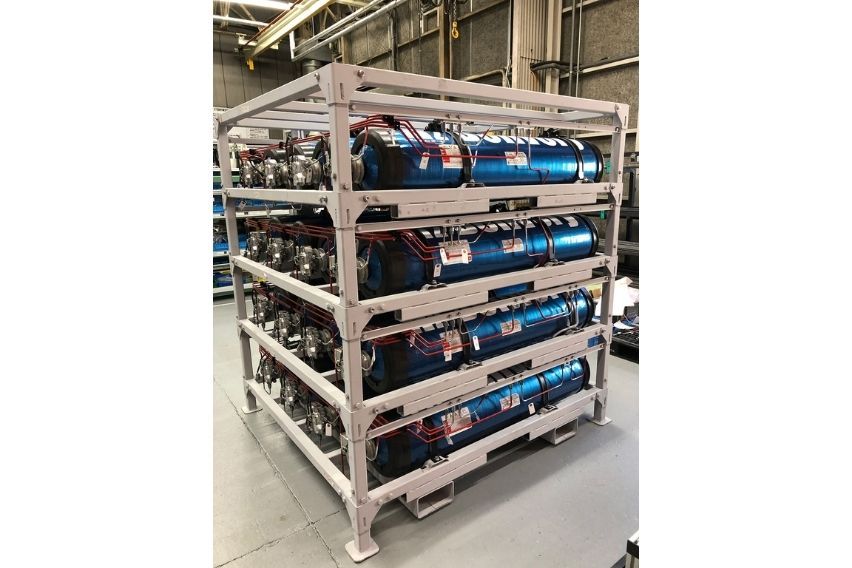
Mazda believes that providing customers with various options is necessary to achieve carbon neutrality. To do this, the company wants to add plug-in hybrid electric vehicle (PHEV) models to its current lineup, which comprises conventional hybrid electric vehicle (HEV), diesel engine, and battery electric vehicle (BEV) models. It also targeted to enter its Mazda Spirit Racing Bio concept Demio vehicle in the ST-Q class of the Super Taikyu Race. The vehicle is powered by a 1.5-liter Skyactiv-D (diesel) engine that operates on 100% biomass-derived diesel fuel provided by Euglena Co., Ltd. Mazda also plans to make its technologies more reliable by regularly conducting verification tests in races. The tests will be performed in various settings and conditions in order to help expand the usage of next-generation biodiesel fuel.
Meanwhile, Subaru and Toyota are promoting initiatives that include vehicle electrification to attain carbon neutrality, such as the launch of the jointly developed Subaru Solterra and Toyota bZ4X BEVs, which are set for global releases in 2022.
To explore new possibilities, the two carmakers propose to enter and test two new vehicles driven by carbon-neutral synthetic fuel made from biomass in the ST-Q class of the 2022 edition of Super Taikyu Series. Subaru will race in a BRZ-based vehicle, while Toyota will race in a GR 86-based vehicle. The two companies want to fast-track the development of technologies for all alternatives and take on the challenge of attaining carbon neutrality by working and racing together.
Kawasaki has focused on hydrogen as a next-generation energy source since 2010, developing technologies for manufacturing, transporting, and utilizing hydrogen across the entire supply chain needed to support society. The company is now performing verification tests for transferring significant amounts of low-cost hydrogen from Australian lignite to Japan. It plans to transport hydrogen using the Suiso Frontier, its in-house-made, first-in-the-world purpose-built liquefied hydrogen carrier, by the end of fiscal year 2021. Kawasaki is also making hydrogen-fueled engines for land, sea, and air mobility use, including aircraft, ships, and two-wheeled vehicles, based on hydrogen combustion technologies cultivated through the development of the world’s first successful urban-area, 100% hydrogen-fueled gas turbine power generation technology.
On the other hand, Yamaha is working on hydrogen engine technology for application in two-wheel vehicles, ROV (four-wheeled recreational off-highway vehicle), and other products. It is planning to introduce new equipment and upgrade its in-house development structure to speed up the development of hydrogen engine technology.
Kawasaki and Yamaha have begun discussing the possibility of jointly developing a hydrogen engine for use in two-wheeled vehicles. Honda Motor Co., Ltd. and Suzuki Motor Corporation will join them in the future, and the four companies will work together to study on the possibility of attaining carbon neutrality with the use of internal combustion engines in two-wheeled vehicles. They are planning to proceed after building a framework that clearly defines areas of cooperation and joint research in order to preserve a clear boundary between cooperation and competition.
Toyota has been developing a hydrogen engine in collaboration with Yamaha, Denso Corporation, and other related parties since 2016. It has entered a car with an under-development hydrogen engine in the Fuji Super TEC 24 Hours Race, the Super Taikyu Race at Autopolis, and the Suzuka S-TAI. It is also working with companies and local governments to expand hydrogen production, transportation, and usage. Toyota also participated in the Super Taikyu Race with a vehicle entered by ORC Rookie Racing, with Toyota President and Chief Executive Officer Akio Toyoda taking turns behind the wheel in his “Morizo” driver character.
Yamaha is responsible for engine components design, engine prototype, combustion considerations, power performance improvement, race homolgation, and race endurance testing, while Denso is in charge of direct-injection injectors and development of spark plug development.
Toyota is also partnering with Fukuoka City, which will provide hydrogen derived from sewage biogas, in addition to the corporations and municipalities that have supplied hydrogen for the Toyota vehicle that raced in the Super Taikyu Series. Fukuoka City has been tacking the task of manufacturing and commercializing hydrogen from domestic wastewater sewage since 2015. The Fukuoka City Chubu Water Treatment Center produces non-CO2-increasing green hydrogen from biogas generated during sewage treatment, with a daily hydrogen capacity of 3,300 Nm3. Verification tests are also being conducted with corporate partners, such as providing green hydrogen to fuel cell-powered trucks, motorcycles, and power supply vehicles.
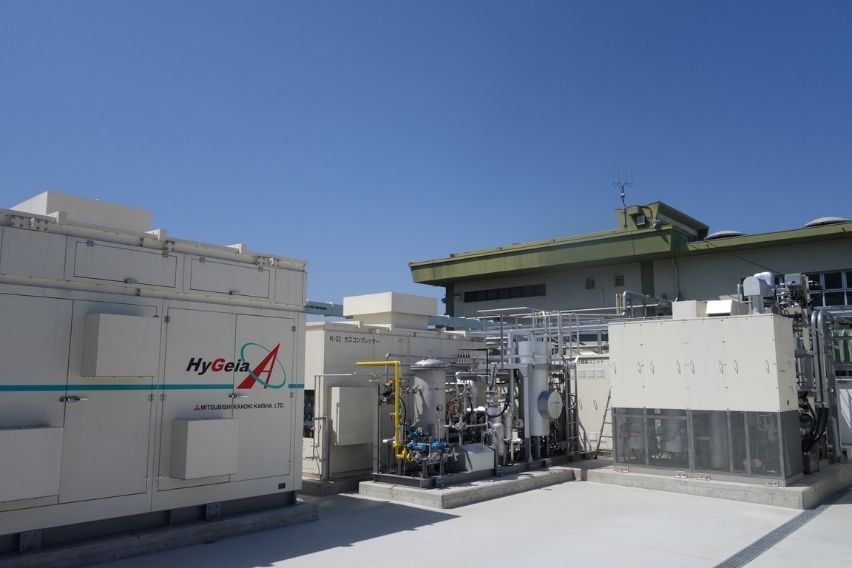
Hydrogen for the Super Taikyu Race was transported using large and midsize trucks by Toyota Transportation Co., Ltd. fueled by Euglena’s next-generation biofuel. Toyota and Commercial Japan Partnership Technologies (CJPT) began their study on how to address the transportation efficiency issues of small cell-powered trucks.
To address these challenges, Toyota and CJPT are collaborating to develop CFRP (carbon fiber-reinforced plastic) tank resin-liner technologies based on Toyota’s Mirai experience, allowing for lightweight, high-pressure hydrogen delivery. The two companies are on the verge of boosting transportation efficiency compared to when using traditional metal tanks, and they are working on development that will allow them to transport hydrogen in the future.
In the past three races of the Super Taikyu Series, Toyota has advanced the rapid development of its hydrogen engine by participating in the rigorous environment of motorsports. The engine has been improved after each race since its debut in the series. Its power output increased by around 20% and torque increased by about 30% in the six months prior to the race in Okayaman, and its output and torque increased by 5% to 10% in two months since the Suzuka S-Tai, making its performance better than that of a similarly sized gasoline engine. Meanwhile, the fuel economy has remained unchanged.
The five companies intend to keep on combining their strengths, fortify their collaboration, and actively encourage the generation of new colleagues across industries to expand the options for attaining carbon neutrality and to contribute to the development of a better society while securing jobs and livelihoods.
Photos from Toyota
Also read: Toyota PH turns over 217 Hilux units to PNP
Sell your car at the best price
 Verified and genuine buyers
Verified and genuine buyers
PIMS 2024
Trending & Fresh Updates
- Latest
- Popular
You might also be interested in
- News
- Featured Stories
Featured Cars
- Latest
- Upcoming
- Popular
Latest Car Videos on Zigwheels

Car Articles From Carmudi
- journal
- advice
- financing
- insurance







